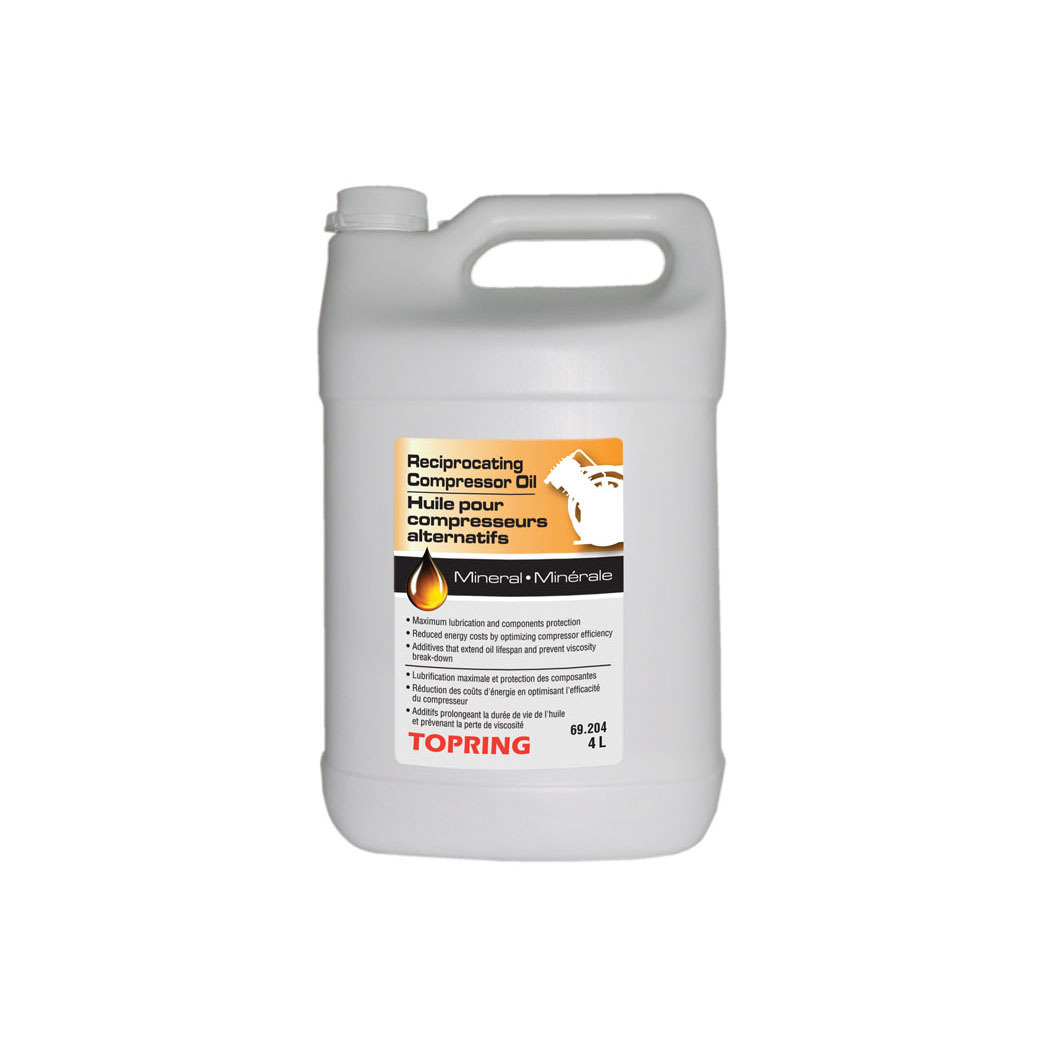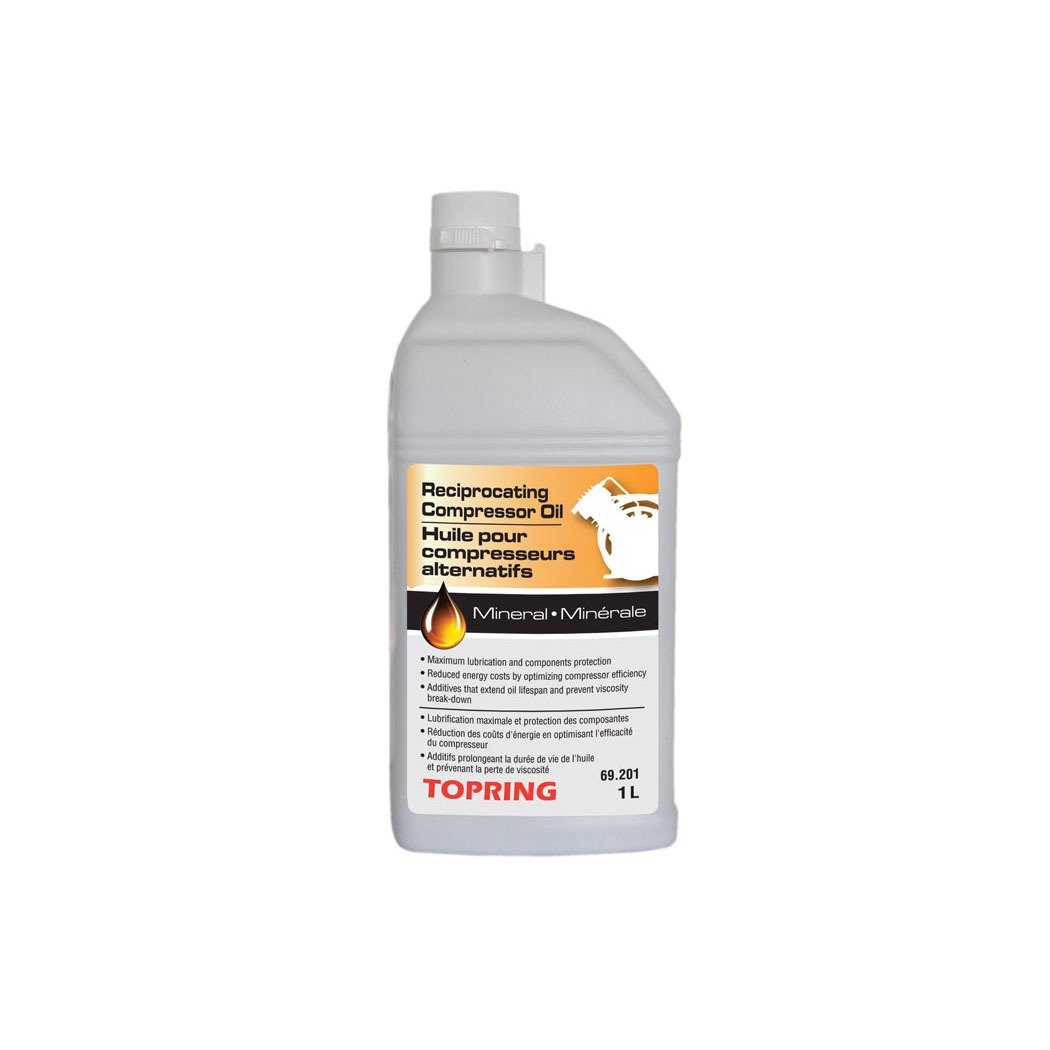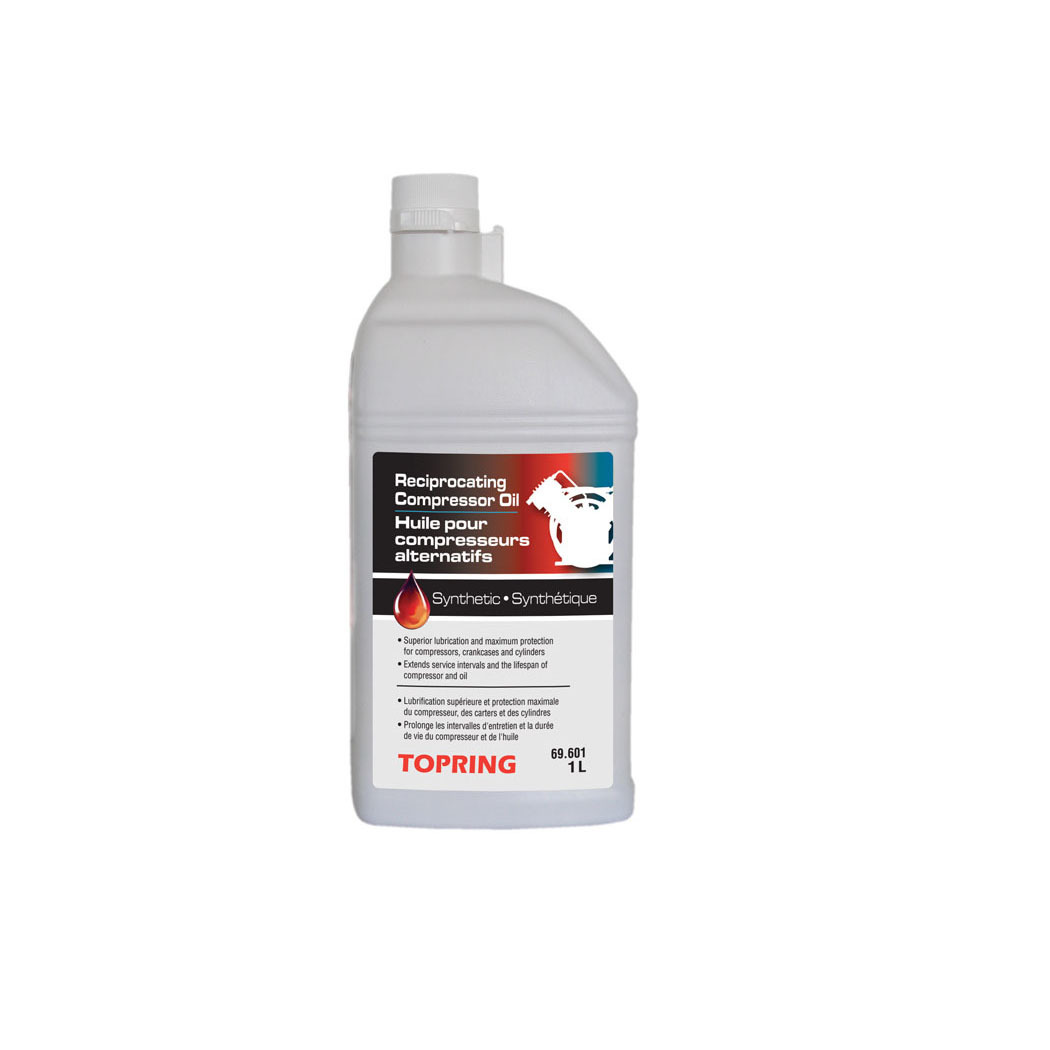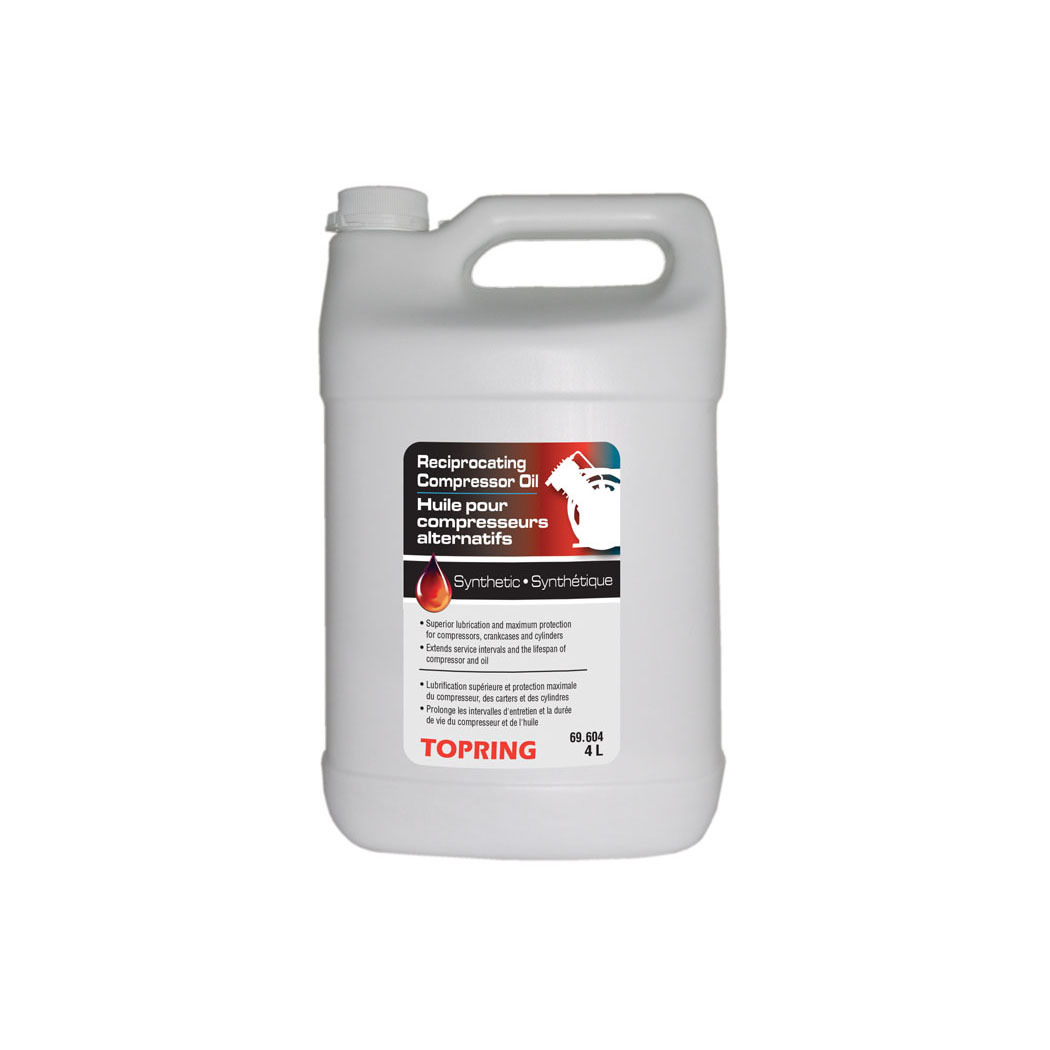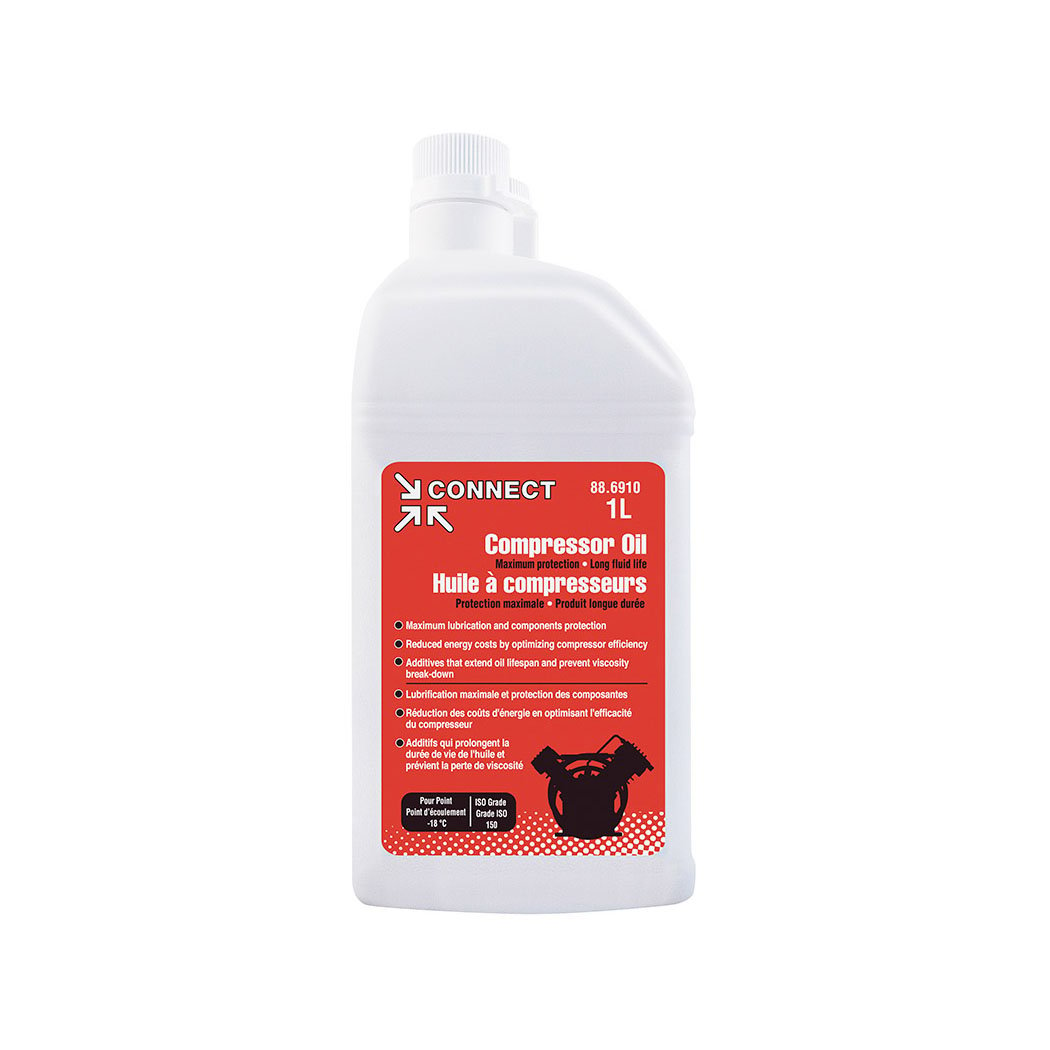Compressor Oils
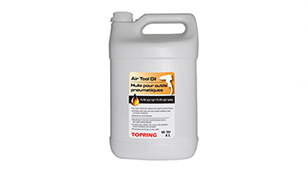
Choosing the Right Compressor Oil for Optimal Performance
Whether you’re a seasoned professional or just starting to explore the world of compressed air solutions, understanding the differences between mineral and synthetic compressor oils is crucial in making an informed decision for your equipment.
Mineral Compressor Oil
Mineral compressor oils, derived from refined crude oil, offer a cost-effective solution for lubricating compressor components. Although their composition is simpler than synthetics, it performs adequately for many applications. Focusing on reliability, mineral oils ensure smooth operation and protection against wear and tear in less demanding environments. If you’re operating under standard conditions and looking for a budget-friendly option, mineral compressor oils might be the right choice.
Benefits
- Affordable solution for businesses on tight budgets.
- Provides sufficient lubrication for standard applications.
- Widely accessible and commonly used in various industries.
- Technicians often have experience working with mineral oils.
- Compatible with a wide range of compressor systems and materials.
- Performs well in less demanding environments.
Synthetic Compressor Oil
Synthetic compressor oil is defined by top-notch performance and durability. It is meticulously crafted through chemical synthesis, resulting in uniform molecules and superior properties. This oil minimizes sludge and deposit formation even under extreme temperatures.
Their advanced formulation offers unparalleled wear protection, prolonging the lifespan of your equipment and reducing maintenance costs in the long run. Whether operating in high-pressure environments, dealing with temperature fluctuations, or prioritizing equipment longevity, synthetic compressor oils deliver unmatched performance and peace of mind.
Benefits
- Improved viscosity-temperature characteristics, ensuring reliable lubrication across a wide range of temperatures.
- Superior wear protection, reducing equipment downtime and repair costs.
- Resistance to foaming and air entrainment, maintaining optimal compressor efficiency.
- Potential for extended drain intervals, optimizing maintenance schedules and reducing operating costs.
Considerations When Choosing Compressor Oil:
Application Requirements: Select the oil type based on your compressor’s operating conditions, duty cycle, and environment.
Compatibility: Ensure compatibility with seals, elastomers, and materials used in your compressor system.
Regulatory Compliance: Adhere to regulatory requirements or environmental considerations related to oil disposal and emissions.


